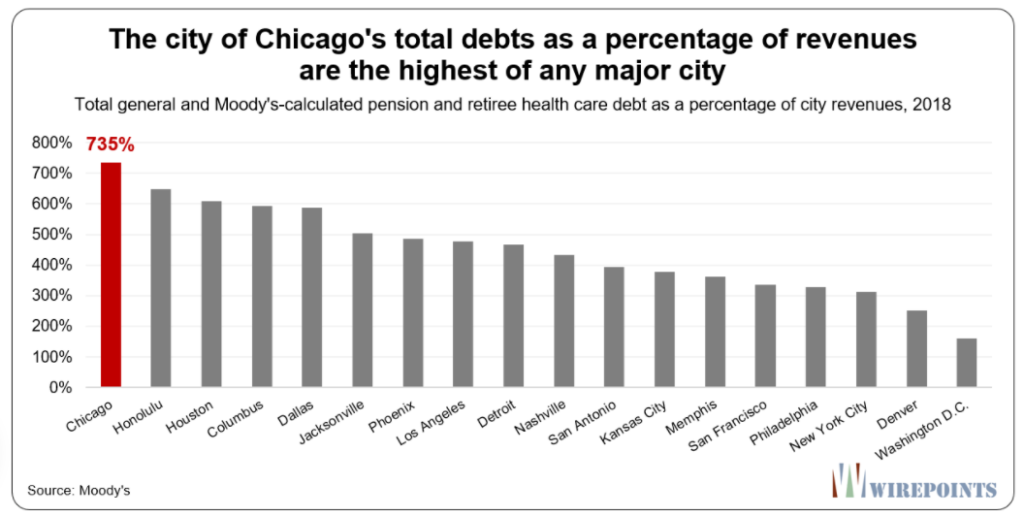Link: https://www.wsj.com/articles/bidenomics-takes-root-in-europes-economically-fragile-south-11620039617
Excerpt:
Since the 1990s, Italian leaders have tried to overhaul the sclerotic economy while also running tight budgets. Mr. Draghi is the first in decades who can deploy massive fiscal firepower to help.
Italy’s economy has rarely grown by more than 1% annually over the past quarter-century. The economy has never fully recovered from the global financial crisis and subsequent eurozone crisis, and slumped by another 9% in 2020 amid the pandemic and strict lockdowns.
Germany, France and other EU countries backed the recovery fund mainly for fear that Italy and Southern Europe could get stuck in another deep economic slump that once again tests the cohesion and survival of the eurozone.
….
Most of Greece’s debt is in bailout loans from the rest of the eurozone, with no repayments due for many years, making another Greek debt crisis unlikely for a long time.
Author(s): Giovanni Legorano
Publication Date: 3 May 2021
Publication Site: Wall Street Journal

